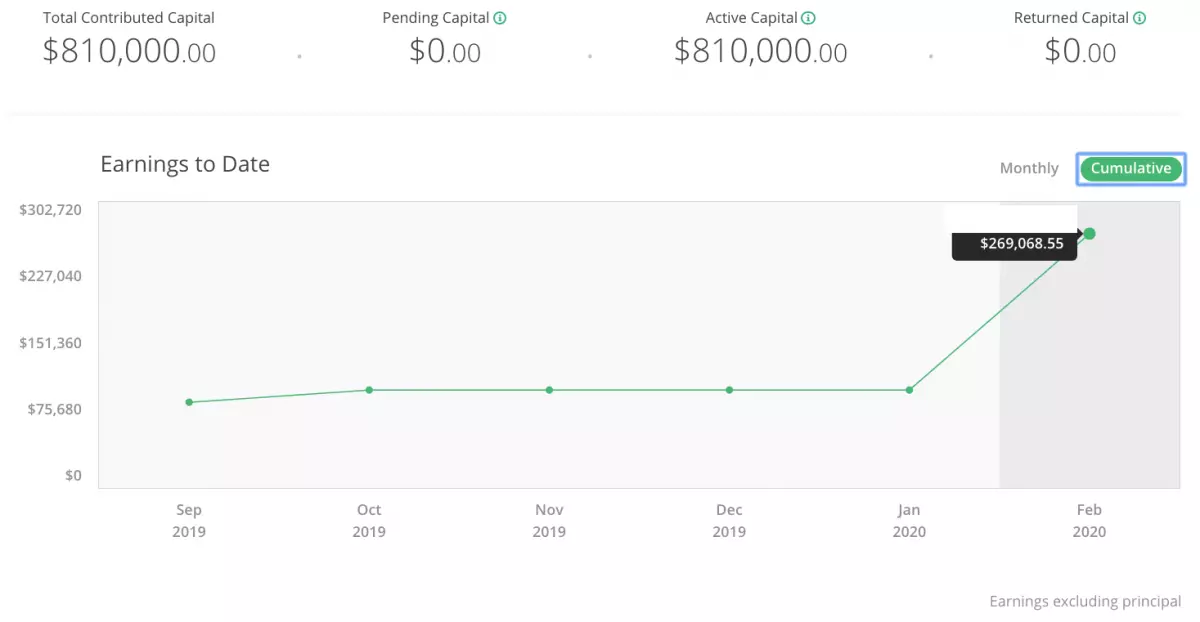Introduction: Demystifying Real Estate Crowdfunding
Ever dreamed of owning a piece of a skyscraper or a bustling shopping mall? Real estate crowdfunding makes that dream more accessible. Imagine it like teaming up with friends to buy an investment property, but on a much larger scale and with experienced professionals leading the way. That's the essence of real estate crowdfunding, also known as real estate syndication.
This comprehensive guide breaks down the ins and outs of real estate crowdfunding. We'll cover its purpose, how it works, its profit potential, and some leading platforms in the market. Whether you're a seasoned investor or just starting, understanding real estate crowdfunding can open up exciting new opportunities to grow your wealth.
What Exactly is Real Estate Crowdfunding?
Real estate crowdfunding (REC) empowers investors – yes, even those who aren't real estate moguls – to pool their resources and invest in large-scale properties that were traditionally out of reach.
Before crowdfunding, only the ultra-wealthy or institutions could participate in these lucrative deals. But thanks to the 2012 JOBS Act, the doors are open wider than ever. Now, anyone can potentially benefit from the attractive returns of commercial real estate.
How Does Real Estate Crowdfunding Work?
Real estate crowdfunding involves two key players: the Sponsor and Investors (that's you!).
-
The Sponsor is like the captain of the ship. They identify, acquire, manage, and eventually sell the property. Think of them as the experts with the on-the-ground experience.
-
Investors provide the financial fuel for the project. In return, they receive a share of the profits generated from rental income and the eventual sale of the property.
Think of it as a partnership where everyone brings something valuable to the table.

Diving Deeper: The Mechanics of Real Estate Crowdfunding
Pooling Resources for Maximum Impact
Real estate crowdfunding allows investors to combine their capital, gaining access to deals they couldn't tackle individually. It's a win-win situation where the Sponsor brings their expertise and investors provide the financial backing.
Legal Structures and Investor Protection
Typically, real estate syndications operate under the framework of a Limited Liability Company (LLC) or a Limited Partnership (LP). These structures offer investors crucial liability protection, ensuring that their personal assets are shielded.
Sharing the Profits: How Returns are Distributed
Profits in real estate crowdfunding flow from two primary sources:
-
Rental Income: Think of this as your regular paycheck. As a property generates rental income, it's distributed among investors, usually on a monthly or quarterly basis.
-
Property Appreciation: Over time, real estate tends to increase in value. When the property is sold, investors receive a share of the profit from this appreciation.
The Sponsor also gets a piece of the pie, but only after investors receive their predetermined "preferred return." This ensures the Sponsor is motivated to maximize returns for everyone involved.
Real Estate Crowdfunding: A Practical Example
Let's say you invest $100,000 in a real estate syndication with a 10% preferred return. That means you could potentially receive $10,000 annually, even before the Sponsor sees a dime of profit.
After this preferred return is paid out, the remaining profits are then split between the Sponsor and investors based on a predetermined agreement. For instance, a 70/30 split would mean investors receive 70% of the remaining profits, while the Sponsor receives 30%.
The Rise of Real Estate Crowdfunding Platforms
Before the internet, breaking into real estate syndications was like trying to join an exclusive club. You needed the right connections and often a hefty minimum investment.
Thankfully, technology has revolutionized the game. Online real estate crowdfunding platforms have democratized access to these investments, making it easier than ever for individuals to participate.
Top Platforms to Explore
While numerous platforms exist, here are two industry leaders worth checking out:
CrowdStreet
CrowdStreet focuses on connecting accredited investors with diverse commercial real estate projects, often in up-and-coming secondary cities. These markets can offer attractive opportunities for potentially higher returns.
Fundrise
Fundrise stands out for its accessibility, catering to both accredited and non-accredited investors. They are known for their innovative products, including eREITs and Opportunity Funds.
Conclusion: Embracing the Future of Real Estate Investing
Real estate crowdfunding has emerged as a game-changer, making commercial real estate investing attainable for a broader range of individuals. With careful research, due diligence, and a clear understanding of the risks involved, real estate crowdfunding can be a powerful tool to diversify your portfolio and potentially enhance your financial future.
Disclaimer: This article is for informational purposes only and should not be construed as financial advice. It is essential to consult with a qualified financial advisor before making any investment decisions.












